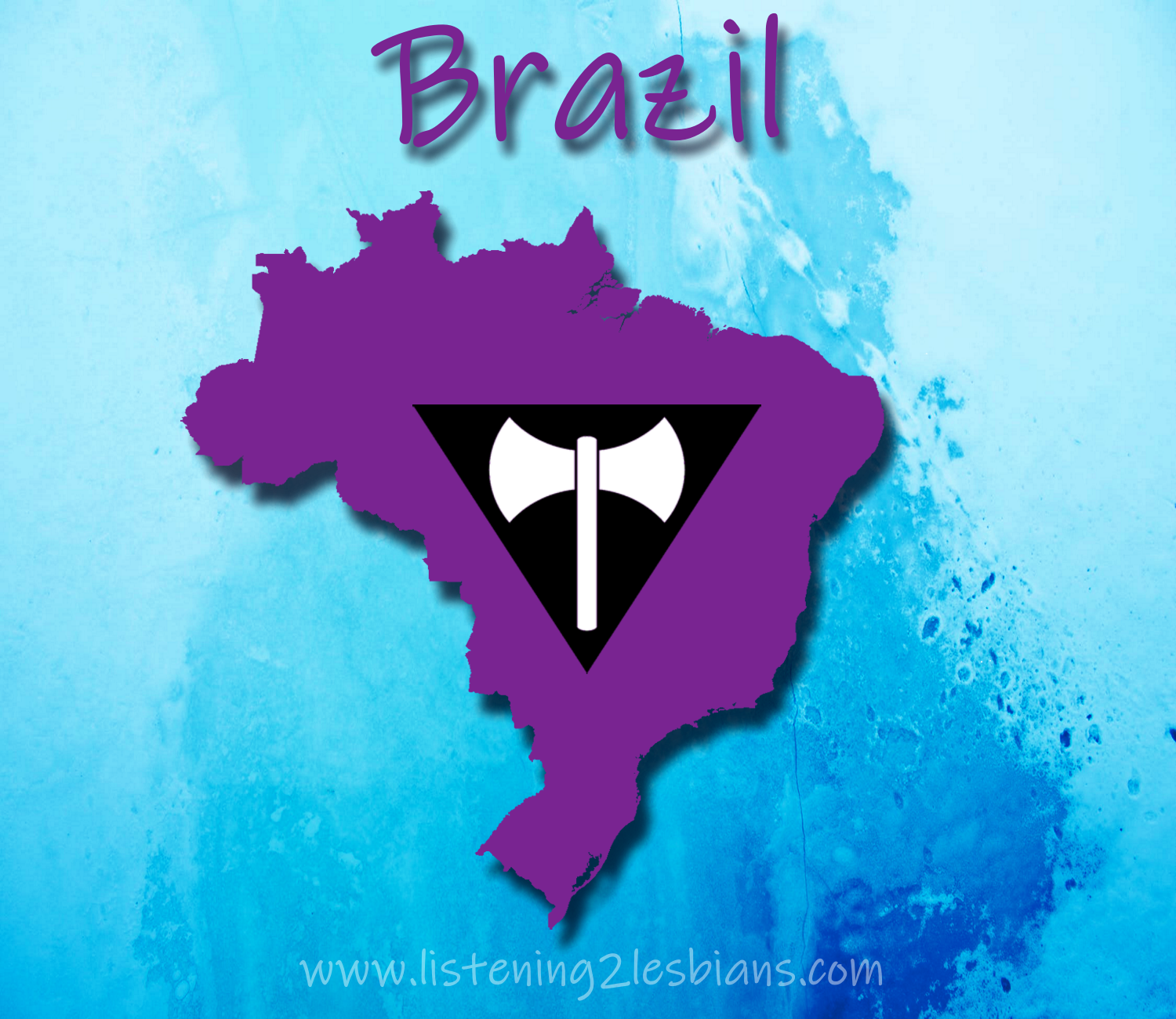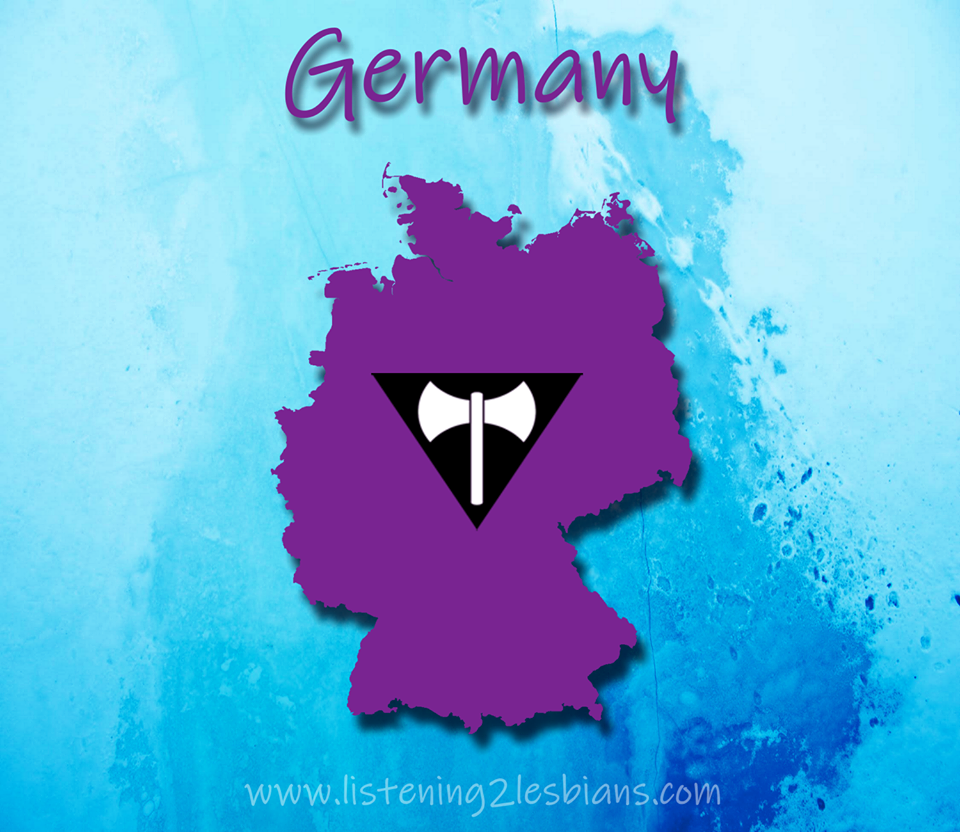
Homosexuality is a risky practice in Equatorial Guinea. In this African state, which was a Spanish colony for more than 80 years and in which the oldest dictator in the world, Teodoro Obiang, has ruled for more than four decades, there is a systematic persecution against the LGTBI community.
It not only occurs at the social level, but also involves state institutions. As is usual in this type of situation, the worst part is borne by women.
A recent report by Somos Parte del Mundo , the only LGTBQ group in the African country, reveals that these groups suffer “mistreatment, torture and prison with the complicity of the authorities. The document, which has received the name of State Homophobia in Equatorial Guinea, reports some of the most serious abuses, among which are “sexual violence, forced pregnancies, child sexual exploitation of minors and the high mortality of women and transgender people for causes that the state can solve”.
These persecutions are protected by the state thanks to decrees such as 94/2019 that defines homosexuality as “a disease, a criminal practice, a threat to social peace and public morals, a danger to society”, or law 16 / 1970, which goes back to the Franco-colonial heritage and classifies homosexuals as dangerous or antisocial social groups.
By virtue of these measures, which are very different from those that are increasingly being applied in more countries around the world and which have to do with sexual freedom and the existence of rights for these groups, the state legitimizes harassment, punishment and torture on two levels.
The first one serves as a warning and according to the report by We Are Part of the World, it occurs at the family level . The family or neighbors of the homosexual person are in charge of making it public with actions that can range from social rejection to beatings and rapes. Photographs of these humiliating moments are usually taken in order for the person to learn the supposed lesson.
If these methods do not work, a second phase is applied in which the security forces intervene. An arrest occurs and the jail term can last from a few hours to several months. Of course, physical violence is very present and the normal thing is that there are more beatings and scenes of sexual violence.
Worse for women
When it involves women, it is exacerbated : they are forced to become pregnant in order to cure themselves of homosexuality, as the writer Trifonia Melibea Obono reveals in her book ‘I did not want to be a mother’ . The researcher delves into the life stories of lesbian, trans and bisexual women in Equatorial Guinea and says that this punishment occurs several times until they are supposedly healed.
(Translated)
La homosexualidad es una práctica de riesgo en Guinea Ecuatorial. En este estado africano, que fue colonia española durante más de 80 años y en el que gobierna desde hace más de cuatro décadas el dictador más longevo del mundo, Teodoro Obiang, existe una persecución sistemática contra el colectivo LGTBI.
No solo se produce a nivel social, sino que implica además a las instituciones estatales. Como suele ser habitual en este tipo de situaciones, la peor parte se la llevan las mujeres.
Un informe reciente de Somos Parte del Mundo, único grupo LGTBQ del país africano, revela que estos colectivos sufren “maltratos, torturas y prisión con la complicidad de las autoridades”. El documento, que ha recibido el nombre de Homofobia de Estado en Guinea Ecuatorial, reporta algunos de los abusos más graves, entre los que se encuentran “la violencia sexual, los embarazos forzados, la explotación sexual infantil a menores y la alta mortalidad de las personas transexuales por causas que el estado puede solventar”.
Estas persecuciones están amparadas por el estado gracias a decretos como el 94/2019 que define la homosexualidad como “una enfermedad, una práctica delictiva, una amenaza para la paz social y la moral pública, un peligro para la sociedad”, o la ley 16/1970, que se remonta a la herencia franquista colonial y que clasifica a los homosexuales como grupos sociales peligrosos o antisociales.
En virtud de estas medidas, muy diferentes a las que cada vez se aplican en más países del mundo y que tienen que ver con la libertad sexual y con la existencia de derechos para estos colectivos, el estado legitima el acoso, los castigos y la tortura en dos niveles.
El primero de ellos sirve a modo de advertencia y según el informe de Somos Parte del Mundo se produce a nivel familiar. La familia o los vecinos de la persona homosexual se encargan de hacerlo público con acciones que pueden ir desde el repudio social hasta palizas y violaciones. Normalmente se toman fotografías de estos momentos humillantes con el objetivo de que la persona aprenda la supuesta lección.
Si estos métodos no dan resultado se aplica una segunda fase en la que intervienen las fuerzas de seguridad. Se produce una detención y la pena de cárcel puede durar desde unas pocas horas hasta varios meses. Por supuesto, la violencia física está muy presente y lo normal es que se produzcan más palizas y escenas de violencia sexual.
Peor para las mujeres
Si se trata de mujeres se produce un agravante: son obligadas a quedarse embarazadas con el objetivo de que se curen de la homosexualidad, tal y como revela la escritora Trifonia Melibea Obono en su libro ‘Yo no quería ser madre’. La investigadora ahonda en las historias de vida de mujeres lesbianas, trans y bisexuales de Guinea Ecuatorial y cuenta que este castigo se produce varias veces hasta que supuestamente sanan.
(Original)
Continue reading at: https://es-us.deportes.yahoo.com/noticias/guinea-ecuatorial-persecucion-colectivos-homosexuales-teodoro-obiang-lesbofobia-mujeres-obligadas-embarazo-144313283.html (Source)















